Dr Mark Wong is an Australian Research Council DECRA Fellow and Lecturer at the University of Sydney and a National Geographic Explorer. Mark is an entomologist whose research on ecological communities, functional traits, and ecosystem functioning explores the causes and consequences of biodiversity change from local to global scales. His findings have been featured by National Geographic, BBC, NBC, Forbes, Newsweek, Live Science, The Conversation and other international media.
Mark earned his DPhil in Zoology at the University of Oxford as a Clarendon Scholar. His doctoral work advanced functional trait-based approaches in insect ecology and applied them to uncover the drivers and impacts of ant invasions in tropical Asia. Following Oxford, Mark led a global synthesis at the Swiss Federal Institute for Forest, Snow and Landscape Research in Zurich, revealing how human activities are reshaping species and trait diversity across ecosystems. Mark then joined the University of Western Australia as a Forrest Fellow, where he led a study mapping the human-mediated spread of ant species worldwide, uncovering global invasion hotspots. He also produced a global meta-analysis showing that insect activity rises by approximately 30% during the night, underscoring the significance of conserving nocturnal environments for biodiversity and ecosystem functioning.
A passionate myrmecologist, Mark has described several new species of ants – including the subterranean Leptanilla voldemort – and co-authored a landmark study estimating that Earth is home to 20 quadrillion ants, whose biomass exceeds that of all wild birds and mammals combined.
Mark serves on the editorial boards of Insect Conservation and Diversity and Asian Myrmecology.
Mark grew up in Singapore, lives in north Sydney, and enjoys racket sports, bushwalks and movies.
Mark Wong
-
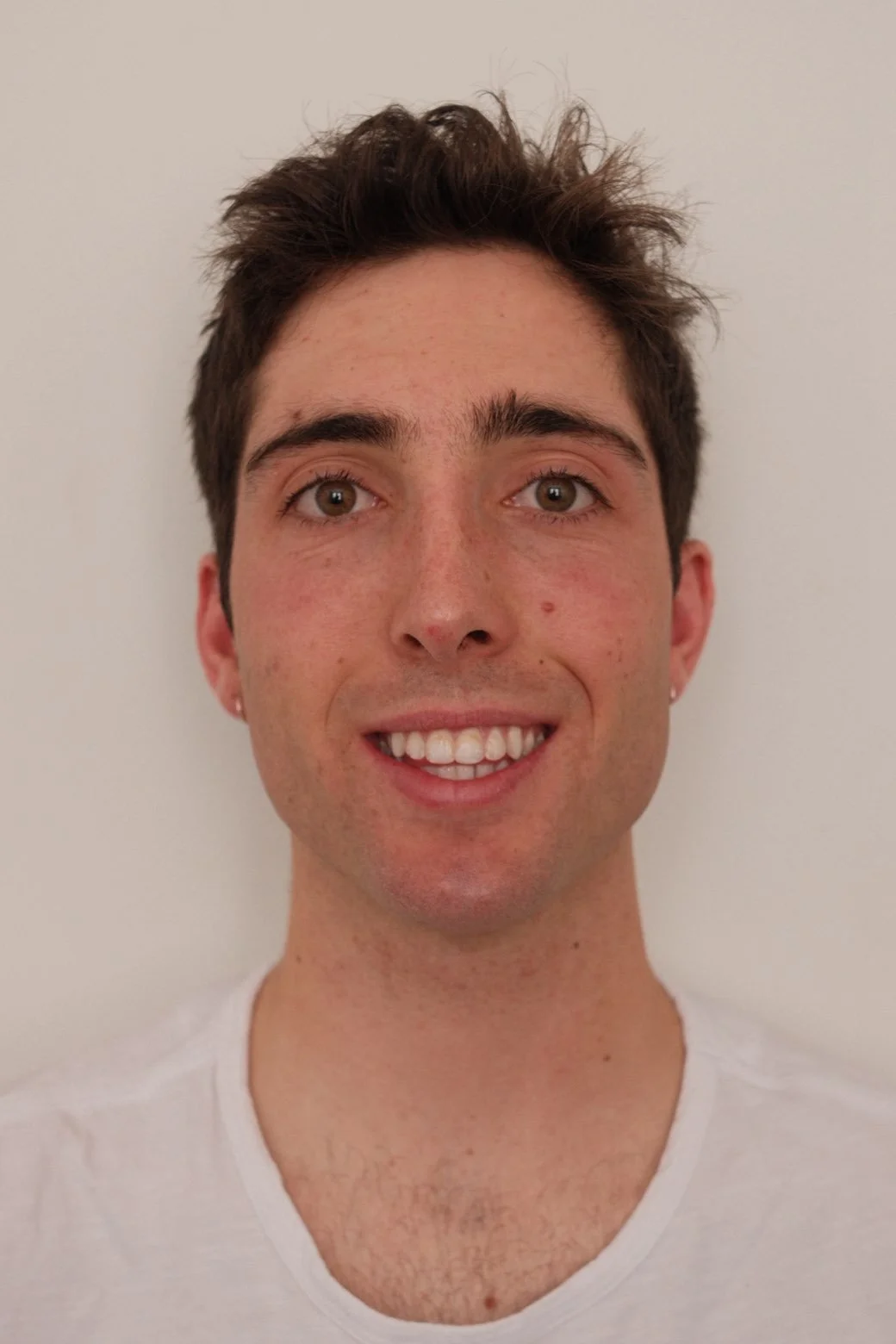
Beau Raubal
Honours student (USYD)
Beau completed a Bachelor of Science at the University of Sydney, majoring in Wildlife Conservation and Applied Medical Science. He recently undertook a wildlife conservation internship in Nosy Be, Madagascar, working with lemurs, reptiles, and birds. Beau’s honours research focuses on behavioural and functional ecology, comparing native and non-native ant species across Sydney to better understand the mechanisms underlying invasion impacts. Beau was born and raised on Sydney’s Northern Beaches and enjoys playing music, soccer, and snowboarding.
-
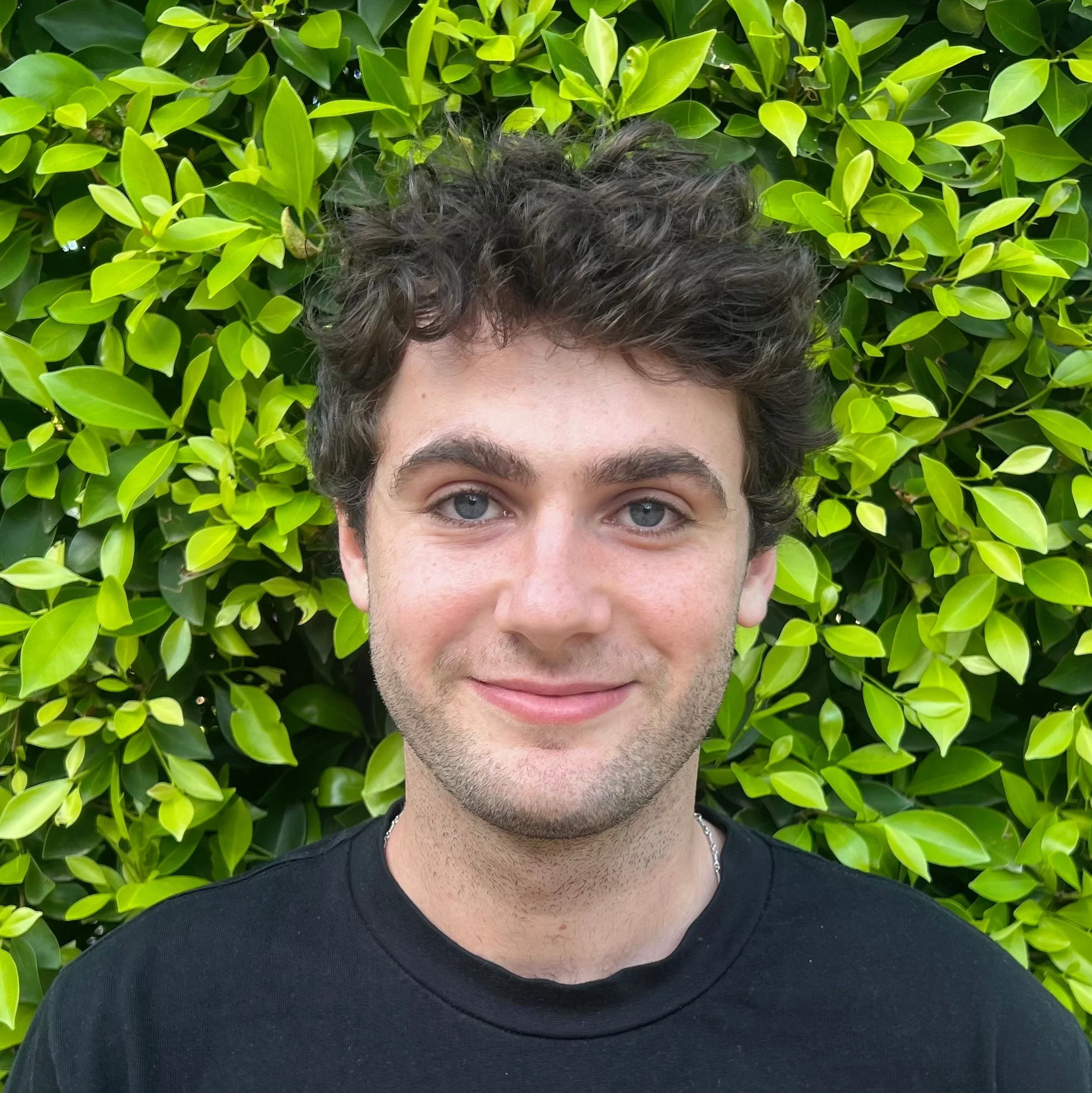
Oliver Edstein
Honours student (USYD)
Oliver is a recent graduate from the University of Sydney, where he completed his Bachelor of Liberal Arts and Science majoring in Biology. During this, he developed strong interests in ecology and evolution, animal behaviour and ethology, and philosophy of science. His honours project focuses on the impact of artificial light at night on ants, and how anthropogenic light may have effects on the behaviour and fitness of vital ecosystem engineers. Oliver lives in Sydney's east, and enjoys bushwalking, woodworking and live music.
Collaborators
-
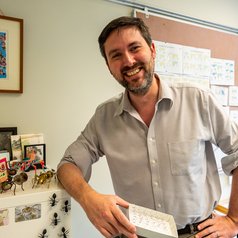
Benoit Guénard
Associate Professor and Head of the Insect Biodiversity and Biogeography Lab at The University of Hong Kong
-

Owen Lewis
Professor of Ecology and Head of the Community Ecology research group at the University of Oxford
-

Roger Lee
Assistant Professor of the Science Unit at Lingnan University
-
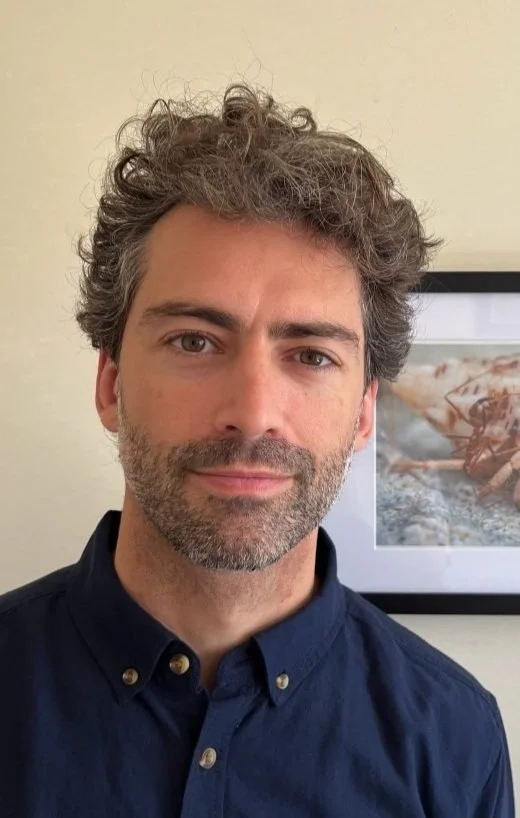
François Brassard
Forrest Postdoctoral Fellow at The University of Western Australia
-

Martin Gossner
Professor and head of the Forest Entomology research group at the Swiss Federal Institute for Forest, Snow and Landscape Research
-
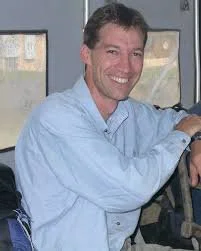
Raphael Didham
Professor of Ecology at The University of Western Australia
-
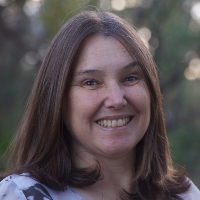
Melissa Thomas
Associate Professor in the Centre for Biosecurity and One Health at the Harry Butler Institute of Murdoch University
-

Dieter Hochuli
Professor and head of the Integrative Ecology research group at The University of Sydney
-

Peter Banks
Professor of Conservation Biology and head of the Behavioural Ecology and Conservation research group at The University of Sydney
